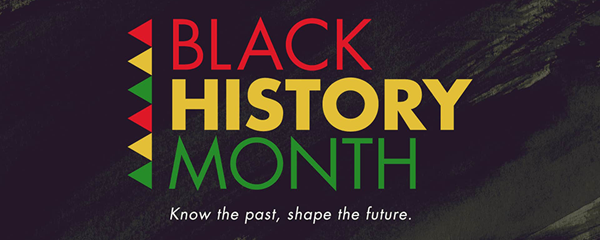A Moment for Mission
“God heals the brokenhearted and bandages their wounds. God counts the stars by number, giving each one a name.” — Psalm 147:3-4, CEB
“Black History Month is with us because, for a variety of reasons, Black history has been ignored, revised or distorted too often in our history books. We find it difficult to explore honestly the reasons a study of Black history makes so many of us uncomfortable,” the Rev. Gilbert Caldwell, a civil rights pioneer who died September 4, 2020, wrote in a UM News Service commentary a few years ago.
“We know it is essential to be historically correct about the issues in England that energized the efforts that established the United States,” he said. “We understand Israel exists in the main because of the history of the oppression of the Jewish people. However, there is difficulty for some people in admitting the existence of American slavery made necessary the abolition movement, and the reality of racial segregation provoked and evoked the U.S. civil rights movement.”
If we do not remember accurately the negatives of the past, Caldwell said, we may repeat them. “Failure to remember the negatives deprives us of the opportunity to celebrate the magnificent progress we have made as a nation since slavery and legal racial segregation,” he explained.
February is Black History Month, a time to celebrate the vital roles of African Americans in the development of the United States. Recognizing those roles from a historical perspective is an important step in noting the contributions of individuals and the collective changes by the African American community.
Adapted from “Black History Month,” Western Pennsylvania Annual Conference website
Offertory Prayer
Loving God, you love us and call each of us by name. May we honor the rich legacy of our African-American family in faith. In your name, we pray. Amen.
From Discipleship Ministries: 5th Sunday after the Epiphany — God of grace and mercy, you are the source of the true healing that can make us whole. We remember this morning that Jesus’ ministry was deeply involved in both healing of people’s bodies and healing of relationships. As we take time now in worship to offer our gifts to you, we pray that they might be used to bring healing – of body, of spirit, of broken relationships – to people who are in desperate need. This we pray this in Jesus’ holy name. Amen. (Mark 1:29-39)
Newsletter Nugget
February is Black History Month. Here are some ideas for celebrating Black history and culture in February and throughout the year.
Arrange for a joint worship service, mission project, dialogue or fellowship event with a predominantly African American church, if not United Methodist, then perhaps African Methodist Episcopal, African Methodist Episcopal Zion or Christian Methodist Episcopal denominations.
Engage in an interracial and intergenerational dialogue about race and racism.
Find a treasure trove of ideas, stories and resources for worship, study and celebration on various United Methodist websites.
Learn about the African Methodist Episcopal Church, which celebrated its bicentennial in 2016, and about its courageous founder, Bishop Richard Allen, who was honored with a U.S. postage stamp.
Teach a class, create a display or research and report on important contributions and concerns of Black Americans (and plan to do the same with other racial-ethnic groups in U.S. society during their history-recognition months).
View and discuss photos and videos from your conference’s Black History Month observances.
Adapted from “How Will You Celebrate Black History Month?”—Eastern Pennsylvania Annual Conference website

